Father’s genes affect their offspring’s future success
The early life environment of male bank voles can influence their offspring significantly. Both social stress and nutrient supply have an effect on the chances of survival for two generations.
Posted by
Published on
Tue 22 Sep. 2020
Topics
| Nutrition | EthoVision XT | Stress | Video Tracking |
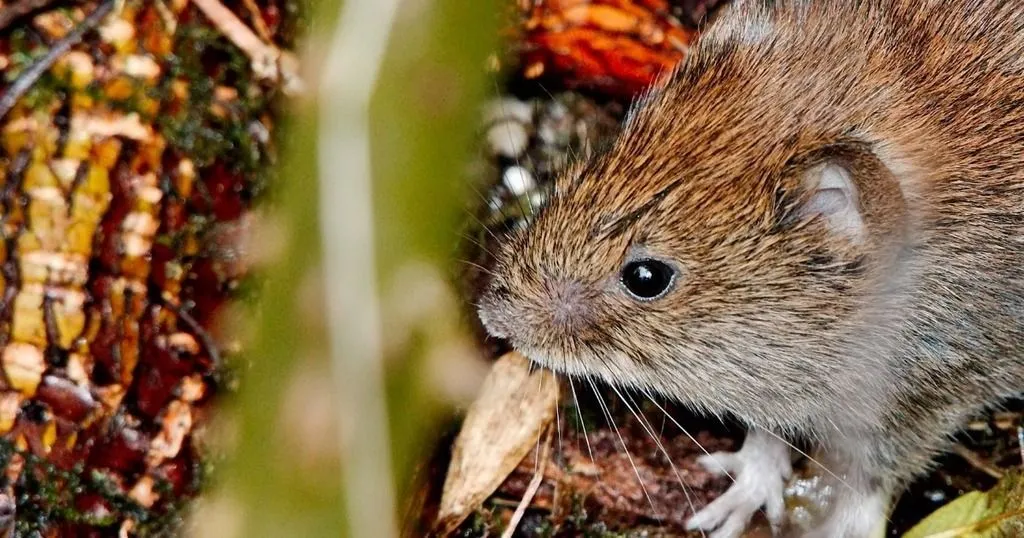
A research group from Jyväskylä University in Finland has studied the fitness of rodent offspring, and what role the early life environment of their father could play. Far-fetched as it sounds, previous studies have already found evidence that fathers can ‘relay’ those experiences to their offspring. As a model species, the researchers chose the bank vole (Myodes glareolus), a common rodent in Finland.
Intergenerational effects
Bank vole fathers are not involved in rearing their offspring, meaning fathers can only influence their offspring through DNA. Examples of these early life environments could be the amount of nutrition available, diseases and population density.
Paternal effect
In general it is easy to study the mother’s influence on offspring, since they are the ones raising the young. They influence the pups directly, through for example nutrition and social care. The indirect influence of the fathers is possible through various markers in DNA. Those can change through environmental influences like food and population density, which will then be passed on to the next generation. Basically, this makes DNA adjustable.
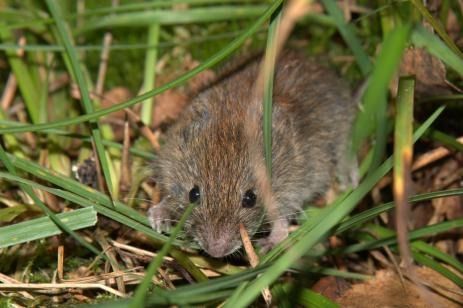
Father’s early life environment
This study aims to find if a father’s early life experiences could influence their offspring’s survival. Groups of male bank voles (generation F0) were exposed to various environmental elements, after which they were allowed to mate. Their offspring (generation F1) was then tested on various traits, including reproductive success. The resulting F2 generation was tested on winter survival.
Experimental adaptation
Four experiments were done to test the bank voles: early life environment, reproductive success, a female preference test and lastly winter survival. For the early life environment test the amount of food and the population density were selected as testing traits.
A protein-restricted diet and some social confrontation
The F0 females were divided over four treatment groups: control (C), protein-restricted diet (PR), social confrontation (SC)[JM1] and protein restriction and social confrontation (PR/SC). Each female could mate with a randomly chosen male. At the same time, the feeding with either regular or protein-restricted food started.
Starting seven days later, every other day a SC female was put in a cage together with an unfamiliar SC female for 10 minutes. Both PR and SC treatment lasted until weaning. The resulting, fully grown PR and SC pups were found to weigh less than control pups.
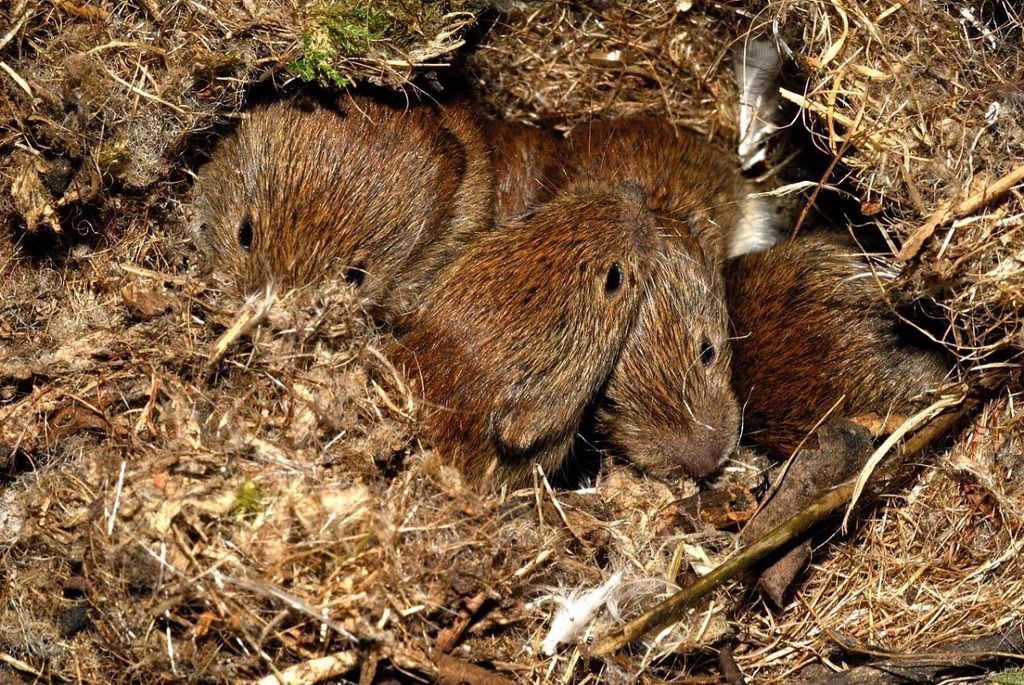
Father’s reproductive success
After the previous experiment, a reproductive success experiment was done. One F1 male of each experimental group was chosen and placed in a cage system, consisting of four interlinked cages. Two non-experiment females were placed in the system as well, and they were allowed to explore and mate for nine days.
Afterwards, paternity of the resulting pups (F2) was determined using DNA tests. The researchers found that heavier F1 males had significantly more often fathered at least one pup, though the lighter males that had fathered pups, often had more pups than heavier males.
Do females prefer the fittest males?
A similar test was carried out to determine the preference of F1 females for F1 males. One male per treatment was placed in their own wire-mesh boxes, which were then placed in an open arena with the female in the middle. She could explore freely for 20 minutes though could not reach the males.
Using EthoVision XT, her behavior was analyzed through video tracking. Each box had a virtual zone so that the tracking software could detect how often and how long she would visit there. The females were found to have no preference for males from specific treatments, though they preferred the ones that had fathered pups.
Pups adapt depending on father’s influence
The researchers found that PR and SC treatment lowered F2 pup weight, but PR/SC increased it. This makes clear that early life environment significantly influences even the next generation, though exactly how depends on the type of environment that influences the fathers. The most likely explanation for the increased PR/SC pup weight is that the treatment caused those pups to adjust their feeding behavior based on their father’s early life environment.
Winter survival of the third generation
The researchers wanted to find out if the paternal treatments of F1 males was able to affect F2 winter survival. Therefore, the F2 voles were divided equally over semi-natural outdoor enclosures, and captured monthly in order to see which individuals survived. It was found that SC pups survived on average one month longer than control, while PR had no effect. Females also survived significantly longer than males.
Father’s early life environment influences offspring
This research shows that early life experience can significantly influence fitness and survival of later generations through paternal influence only. The effect and its strength depend on the environment. Finding out what the potential long-term consequences of these treatments/environmental factors are could be a next research step.
References
Van Cann, J., Koskela, E., Mappes, T., Mikkonen, A. M., Mokkonen, M., & Watts, P. C. (2019). Early life of fathers affects offspring fitness in a wild rodent. Journal of Evolutionary Biology, 32(10), 1141-1151.
Related Posts
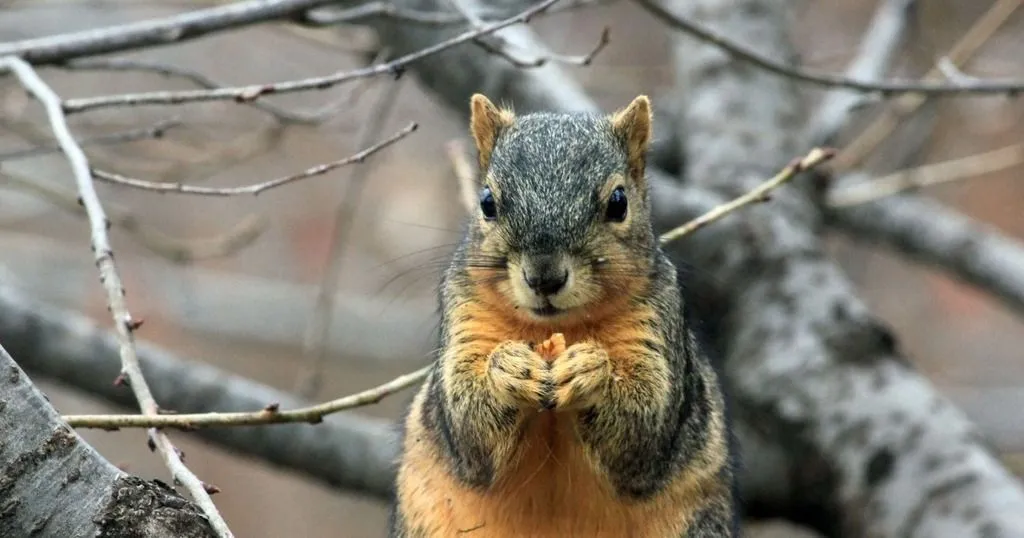
The relationship between food scarcity and caching in fox squirrels
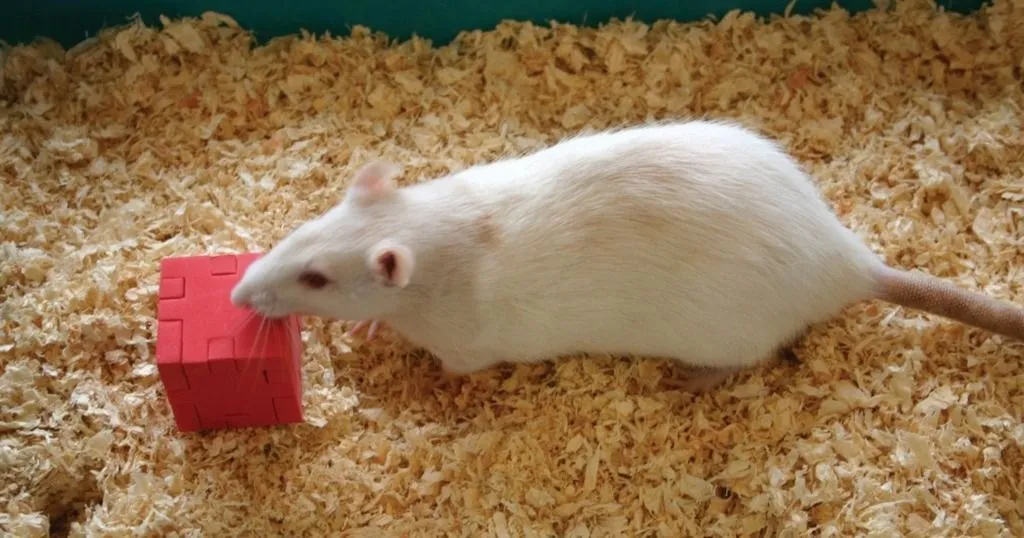
Top 5 novel object recognition articles

